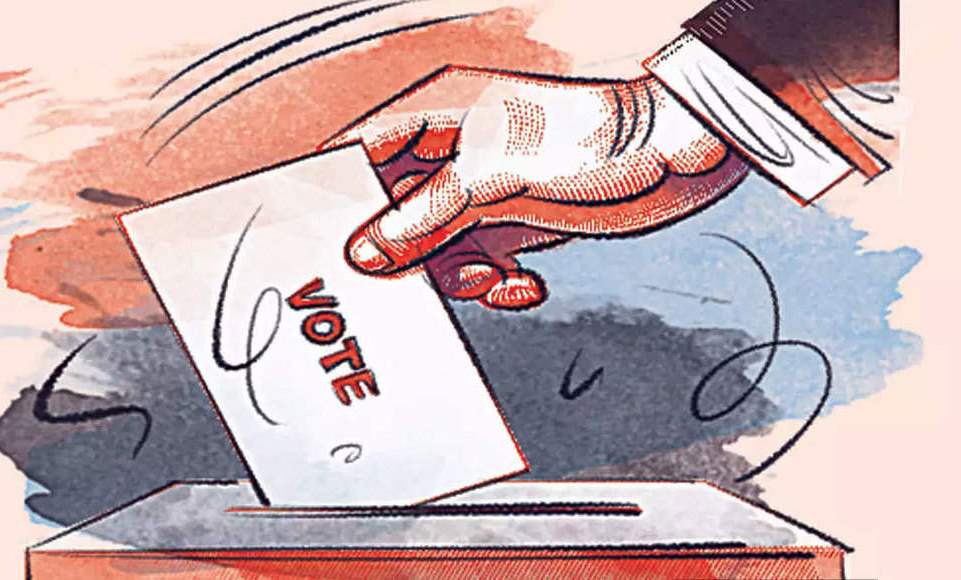When there is a vacancy in the state legislature or the parliament, the bye election is mandated to fill the resultant vacancy. The Byelections or bypolls are among the not so highlighted yet important elections in India. Representation of People’s Act, 1951 gives legitimacy to the by-elections. When a vacancy arises due to death, resignation or removal from office, or when individuals elected to two seats vacate one of the seats, the situation then calls for by-election.
The by-polls are held regularly as and when the vacancy arises. Currently, India is looking towards some crucial by-polls. It is important to take a peek into them in the context of Indian election process.
Also See: Arguments over Central Vista project
The by-elections are not held when the general elections are scheduled to be held within the next one year. The poll body i.e. the election commission of India conducts almost always conducts the by-elections for state legislative assemblies and the parliament. Being direct elections, the dynamics of the elections of MPs of Lok Sabha and MLAs of legislative assemblies (especially in states with bicameral legislatures) have changed over years. (By-polls are held in states having unicameral legislature as well.) As a result, the bypolls have seen amplification of many problems associated with the election dynamics in general.
In India, by-elections are marked by audacious cash distribution & rampant liquor distribution marking the corruption-related damages to the electoral process, democracy and the society. Black money has become their inherent signature.
Also Read: Slow but sure advent of behavioral studies in predicting voting patterns
Since the voters in by-elections are from a single constituency, the leader concerned can easily use the official machinery to bring forth the party’s strengths to manipulate voter behaviour. It is even more prominent when the leader who is running in the by-polls is from the ruling party at the state or the centre. It is a truism to state that the election commission of India uses a lot of money from the public exchequer to conduct the by-election. These elections trigger a lot of cash-transactions, especially allegedly for purchasing votes or bribing or gifting the voters. Hence, the poll-exercise generally causes a shortfall of cash for transactions by the traders in the areas where the by-polls are organized.
Also Read: Chief Ministers of two states with other leaders await by-election-what is ECI doing?
Most of the time, the by-polls become a matter of pride for the parties, with many entrusting the cabinet rank minister-members to rally. These elections are also characterised for having higher corruption than the general elections. It has also been observed that the influence of the vote-bribe on the pliable voters is more in bypolls.
Such elections become a joke for the voters when party leaders win from two seats and then resign from one of the seats. A method could have been there as an alternative to by-polls. The party which had an MP or MLA from a particular seat could get a member to be nominated from that seat. But the caveat in this approach would be that this method could be used by parties to get such members to the legislative bodies, who have money power but not a great appeal among voters, or criminals or those who got drubbed in elections.
By-polls are awaited for chief minsters of West Bengal and Uttarakhand, and many other leaders. These elections do carry out a job of filling-up the vacant seats in legislative bodies. But, that comes at a great cost of public money, decimation of public ethics and morality, blasphemous expansion of black money and demonic escalation of corruption. Election commission helped by law ministry and other bodies like the NALSA, taking inputs from experts, judges & civil society can design an alternative to the by-polls.





